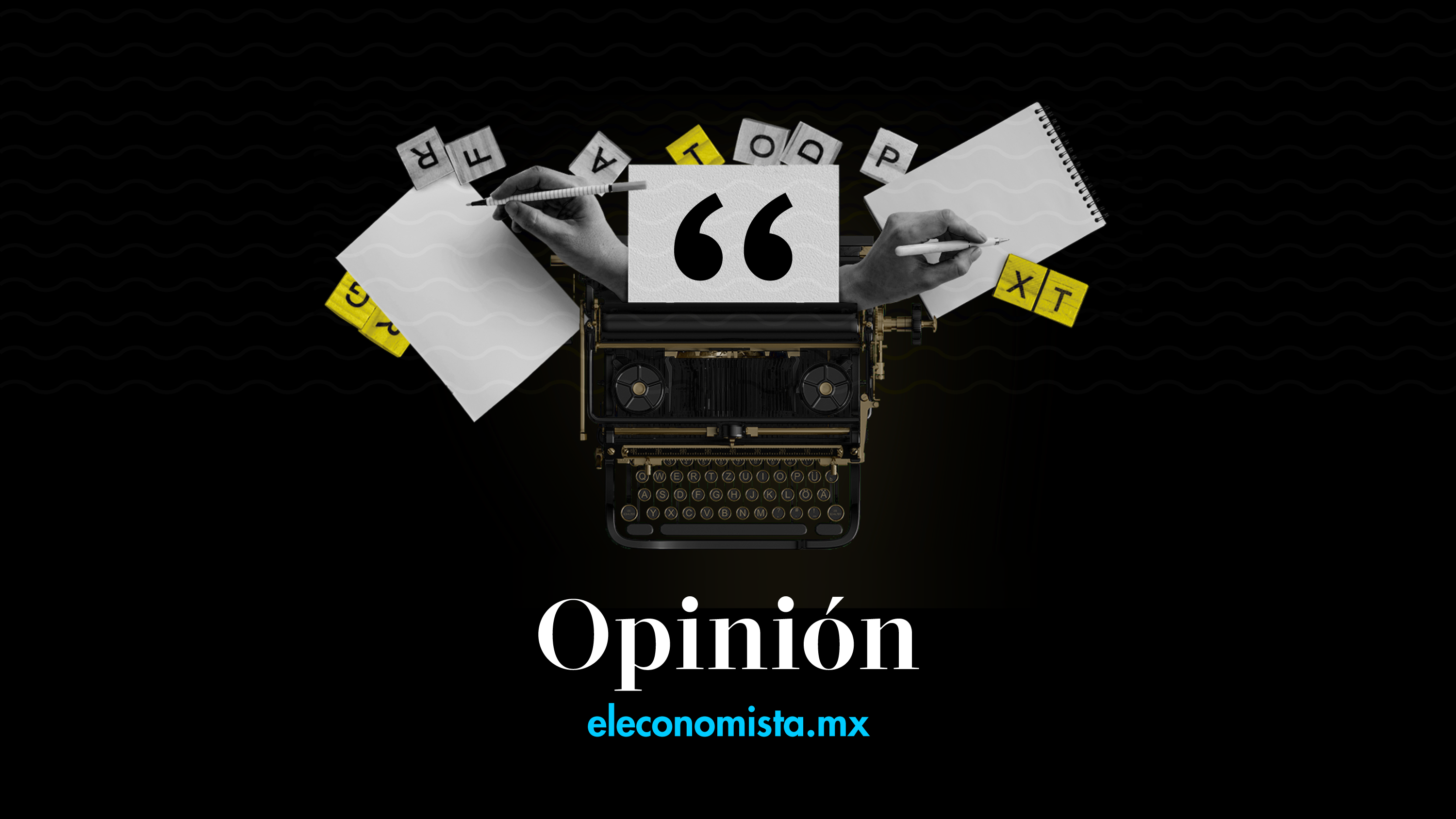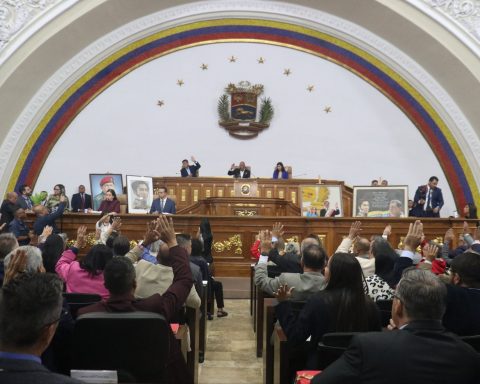The 2021 electricity law is not unconstitutional, the Supreme Court decided. The President did not need a majority to obtain a political victory, 4 of 11 votes were enough. With this decision of the highest court, among other things, the reason is given to a law that gives preference to the CFE at the time of “dispatching” electricity, regardless of its costs and how “clean or dirty” it is. energy it produces. It is a triumph for the CFE and its director Manuel Bartlett. There will be a new wave of litigation and, perhaps, large-scale commercial disputes. How much will this decision cost? Who will pay these costs? How to do the accounts?
López Obrador wins a lot in politics because he makes it clear that he not only has popularity, but also the ability to make the Supreme Court align with his project, by submission or conviction. “Don’t come to me with that story that the Law is the Law,” said the President the day before the Supreme Court made its deliberation. Were the ministers and ministers the recipients of that message? The fact is that AMLO got the votes he needed. All four are part of an interesting message. They correspond to two ministers proposed by him, Loretta Ortiz and Yazmín Esquivel, who formed a “team” with two ministers proposed by Felipe Calderón, the president of the Court, Arturo Zaldívar and Alfredo Gutiérrez Ortiz Mena. To make the line clear, the Secretary of the Interior appeared a day before the decision at the headquarters of the Supreme Court. The Secretary’s intervention could have been more discreet, but Mr. Adán Augusto these days is not up for niceties (remember Sonora). Hopefully 13 years will not go by before Minister Zaldívar offers a version of what happened on Wednesday with this visit. How much does this decision cost the Supreme Court? Is that cost compensated by the gain implied by the applause of the President’s supporters? It is difficult to measure these intangibles. There are things in life that are priceless, as the great advertising of a credit card says.
Political triumph carries an economic price. What impact will it have on private investment, on the costs and prices of the electricity sector and on GDP? The private investment that is placed between question marks is not only that which corresponds to the electricity sector. There are sectors that are intensive users of electricity and that require a guaranteed supply at adequate price conditions and generated by “clean” energy sources. Automotive, aeronautical, iron and steel, electronic industries… For them, the signals that Mexico is emitting are contrary to what they need to make the decision to invest here. In government it doesn’t seem to matter that we are no longer among the 25 most attractive countries to invest in, according to AT Kearney. This not appearing may be relevant at a time when global production chains are being redefined. The United States needs to bring investments that are now in Asia close to home. Mexico is the best option, but insists on pushing its partner to keep him at a distance. In the Government, there are those who believe that the investment will arrive no matter what happens. Others think that it is irrelevant that the investment prefers to migrate to other countries.
Will there be consequences in the context of the T-MEC? The President is convinced that his plans for the energy sector do not violate a trade agreement that has to do with a third of our GDP, only in exports. The United States thinks otherwise. It has been said very clearly by the trade representative Katherine Tai, and in a somewhat confusing way by the ambassador Ken Salazar. What will the United States do? What will other countries with large investments, such as Canada and those of the European Union, do? How will Mexico respond? What will happen in Congress with the counter-reform? The President is convinced that nothing will happen, that there is a lot of barking but few bites will come. He thinks the 46% cap in the Mexican power market is enough for business partners. This percentage implies a larger business than that offered by the entire market in all Latin American countries, with the exception of Brazil. AMLO and his team’s bet seems to be to conduct things in such a way that companies opt for out-of-court negotiations with the CFE and the Mexican government. So did Sempra Energy (formerly Ienova, headed in Mexico by Tania Ortiz Mena) and the owners of the gas pipelines. It is a risky bet. Companies can choose to go to litigation worth between $10 billion and $40 billion. It is a risky bet because the US “Hawks” may choose to decaffeinate the T-MEC and reduce the long-term commitment to integration with Mexico. Does anyone at the National Palace care about this? Everything seems to indicate that the priority is the revocation of the mandate.
General Editorial Director of El Economista
Safe
Degree in Economics from the University of Guadalajara. He studied the Master of Journalism in El País, at the Autonomous University of Madrid in 1994, and a specialization in economic journalism at Columbia University in New York. He has been a reporter, business editor and editorial director of the Guadalajara newspaper PÚBLICO, and has worked for the newspapers Siglo 21 and Milenio.
He has specialized in economic journalism and investigative journalism, and has carried out professional stays at Cinco Días in Madrid and San Antonio Express News, in San Antonio, Texas.
















